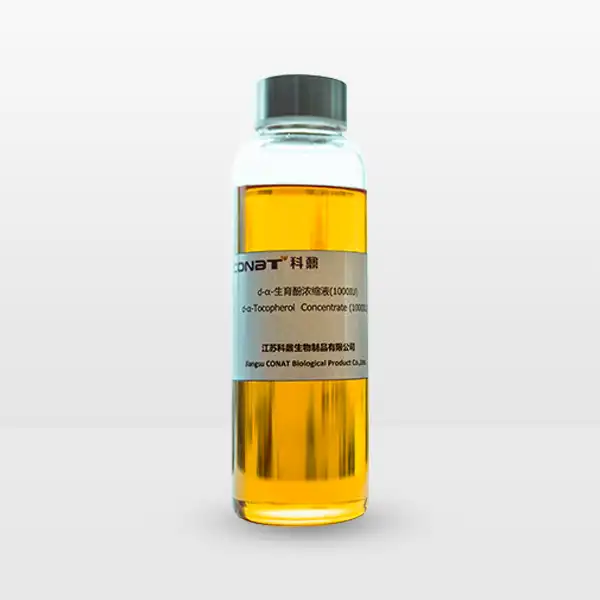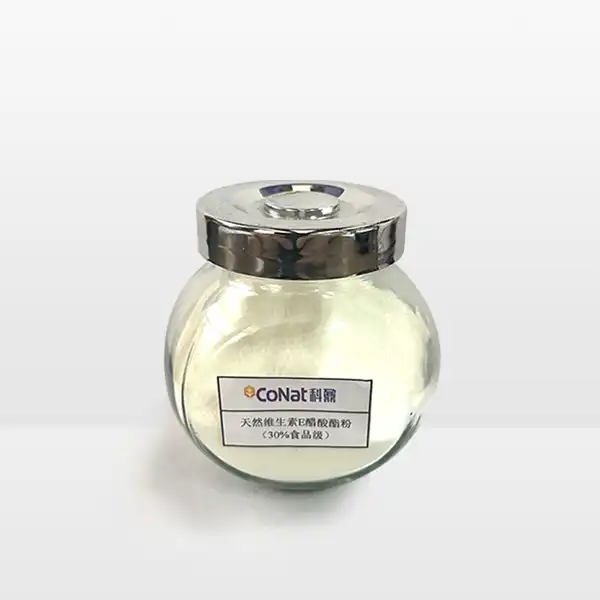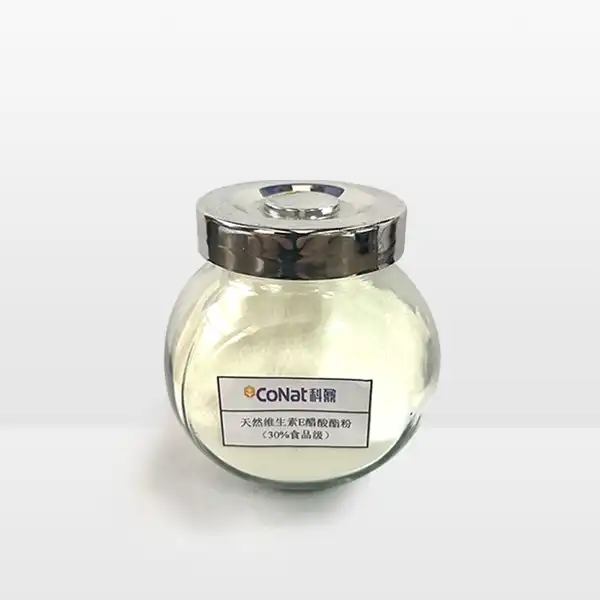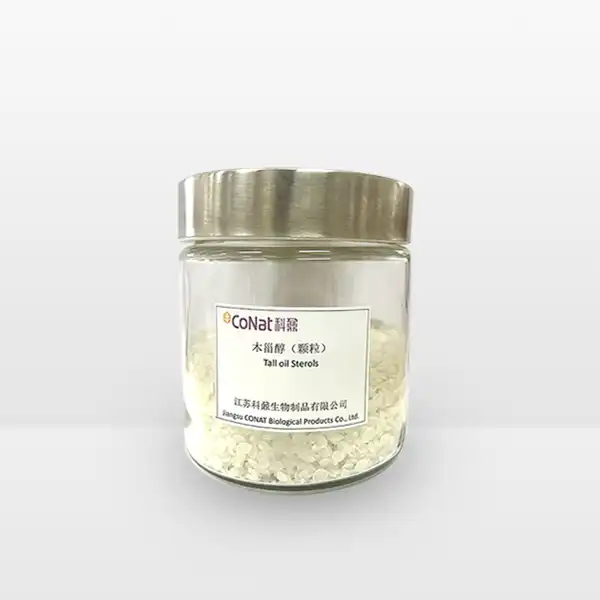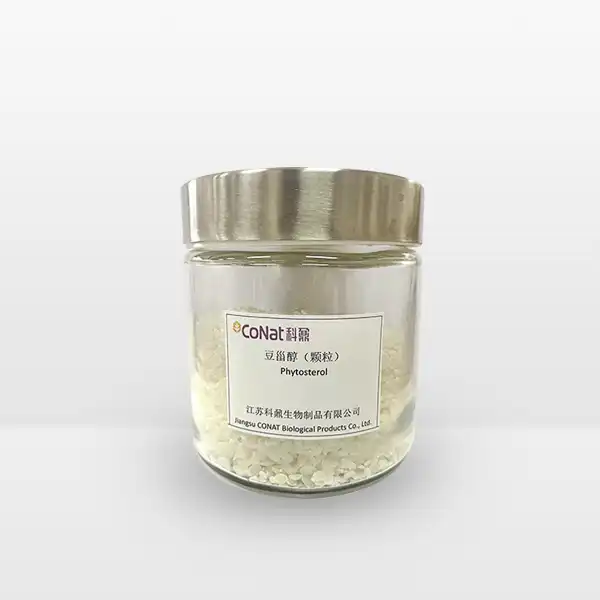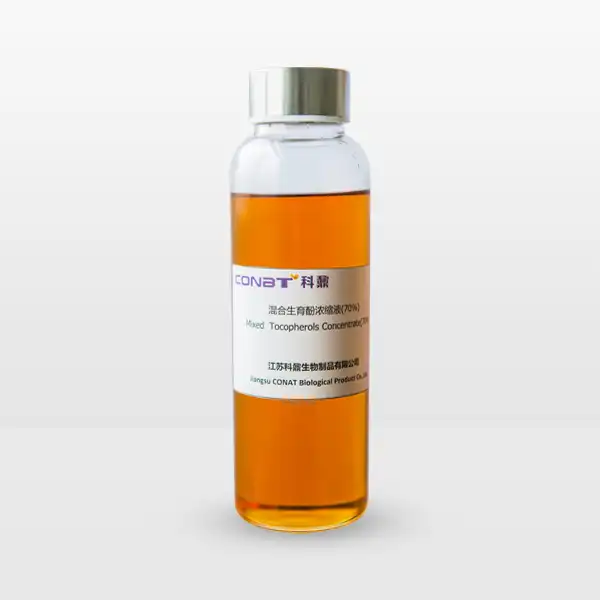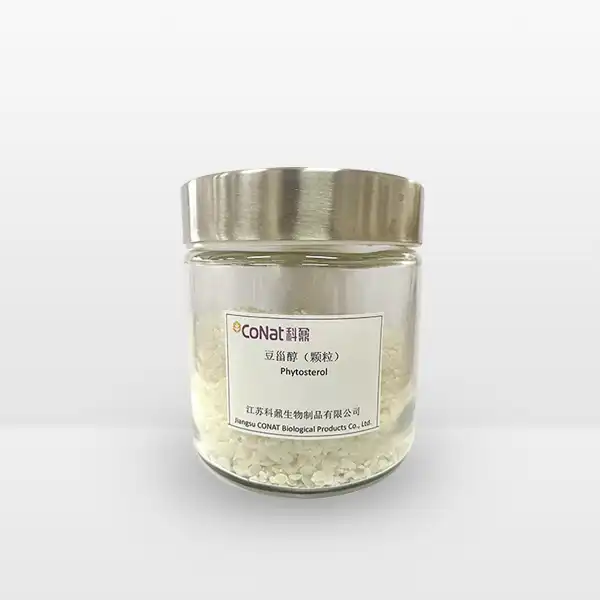- English
- French
- German
- Portuguese
- Spanish
- Russian
- Japanese
- Korean
- Arabic
- Greek
- German
- Turkish
- Italian
- Danish
- Romanian
- Indonesian
- Czech
- Afrikaans
- Swedish
- Polish
- Basque
- Catalan
- Esperanto
- Hindi
- Lao
- Albanian
- Amharic
- Armenian
- Azerbaijani
- Belarusian
- Bengali
- Bosnian
- Bulgarian
- Cebuano
- Chichewa
- Corsican
- Croatian
- Dutch
- Estonian
- Filipino
- Finnish
- Frisian
- Galician
- Georgian
- Gujarati
- Haitian
- Hausa
- Hawaiian
- Hebrew
- Hmong
- Hungarian
- Icelandic
- Igbo
- Javanese
- Kannada
- Kazakh
- Khmer
- Kurdish
- Kyrgyz
- Latin
- Latvian
- Lithuanian
- Luxembou..
- Macedonian
- Malagasy
- Malay
- Malayalam
- Maltese
- Maori
- Marathi
- Mongolian
- Burmese
- Nepali
- Norwegian
- Pashto
- Persian
- Punjabi
- Serbian
- Sesotho
- Sinhala
- Slovak
- Slovenian
- Somali
- Samoan
- Scots Gaelic
- Shona
- Sindhi
- Sundanese
- Swahili
- Tajik
- Tamil
- Telugu
- Thai
- Ukrainian
- Urdu
- Uzbek
- Vietnamese
- Welsh
- Xhosa
- Yiddish
- Yoruba
- Zulu
Can Sterol Complex Lower Cholesterol?
Plant sterols and stanols, the key components of Sterol Complex, have garnered significant attention in the medical community for their potential to help manage cholesterol levels naturally. These compounds, which are structurally similar to cholesterol, work by competing with cholesterol for absorption in the digestive system, potentially leading to lower blood cholesterol levels. As heart disease remains a leading health concern worldwide, understanding the effectiveness of Sterol Complex in cholesterol management has become increasingly important for those seeking natural alternatives to traditional medications.
How Does Sterol Complex Work to Reduce Cholesterol Levels?
The mechanism behind Sterol Complex's cholesterol-lowering ability is fascinating and scientifically documented. Plant sterols and stanols function as molecular mimics of cholesterol in the digestive tract. When consumed, these compounds compete with cholesterol for incorporation into mixed micelles, which are essential for cholesterol absorption from the intestine into the bloodstream. This competition effectively reduces the amount of cholesterol that can be absorbed by the body, leading to lower blood cholesterol levels.
Research has shown that plant sterols can reduce cholesterol absorption by up to 30-40%. This reduction occurs because the intestinal cells preferentially absorb plant sterols over cholesterol, yet these plant compounds are poorly absorbed themselves and are largely eliminated from the body. The process creates a dual benefit: less cholesterol enters the bloodstream, and the unabsorbed cholesterol is eliminated through natural digestive processes.
The effectiveness of Sterol Complex is dose-dependent, with optimal results typically seen when consuming 2-3 grams of plant sterols daily. This amount has been shown to reduce LDL cholesterol (often called "bad" cholesterol) by 8-10% when taken consistently as part of a heart-healthy diet. The cholesterol-lowering effect usually becomes apparent within 2-3 weeks of regular use, though individual results may vary based on factors such as diet, lifestyle, and genetic predisposition.
Clinical studies have demonstrated that the cholesterol-lowering effects of plant sterols are additive to other lifestyle modifications and can even enhance the effectiveness of cholesterol-lowering medications. This makes Sterol Complex particularly valuable as part of a comprehensive approach to cholesterol management, especially for individuals who prefer natural interventions or need additional support alongside conventional treatments.
What is the Recommended Dosage of Sterol Complex for Optimal Results?
Understanding the correct dosage of Sterol Complex is crucial for achieving optimal cholesterol-lowering results. The European Food Safety Authority (EFSA) and the FDA have reviewed extensive clinical evidence and established clear guidelines for plant sterol consumption. The consensus among health authorities is that a daily intake of 1.5-3 grams of plant sterols or stanols can effectively lower cholesterol levels when consumed as part of a balanced diet.
The timing and distribution of Sterol Complex consumption throughout the day also play a significant role in its effectiveness. Research indicates that dividing the daily dose across multiple meals may enhance its cholesterol-lowering properties. This is because each meal presents a new opportunity for plant sterols to compete with dietary cholesterol for absorption. Many experts recommend taking Sterol Complex with meals containing fat, as this can improve the incorporation of plant sterols into mixed micelles and enhance their effectiveness.
For individuals new to Sterol Complex supplementation, it's advisable to start with a lower dose and gradually increase it to the recommended amount. This approach allows the body to adjust and helps minimize any potential digestive adaptation period. The full benefits of Sterol Complex are typically realized when the supplementation is consistent and long-term, as part of a broader heart-healthy lifestyle.
It's worth noting that higher doses of plant sterols (beyond 3 grams per day) have not been shown to provide additional significant benefits in cholesterol reduction. Therefore, adhering to the recommended dosage range is both safe and optimal for achieving desired results. Regular monitoring of cholesterol levels can help individuals track their progress and adjust their approach in consultation with healthcare providers.
Can Sterol Complex Be Combined with Other Cholesterol-Lowering Treatments?
The integration of Sterol Complex with other cholesterol-lowering interventions has been the subject of numerous clinical studies, yielding promising results for comprehensive cholesterol management. Research has demonstrated that plant sterols can work synergistically with various treatments, including statins, lifestyle modifications, and other natural supplements, to enhance overall cholesterol-lowering effects.
When combined with statin medications, Sterol Complex has shown additive benefits in reducing LDL cholesterol levels. Studies have found that individuals taking both statins and plant sterols experienced greater cholesterol reduction compared to those using either intervention alone. This complementary effect is particularly valuable for individuals who may not achieve their target cholesterol levels with statins alone or who wish to minimize their statin dosage while maintaining effective cholesterol control.
The combination of Sterol Complex with dietary modifications, such as increasing fiber intake and reducing saturated fat consumption, has shown particularly promising results. The synergistic effect of these interventions can lead to more significant improvements in lipid profiles than either approach alone. Additionally, incorporating regular physical activity alongside Sterol Complex supplementation can enhance its cholesterol-lowering benefits through multiple mechanisms, including improved metabolic function and enhanced lipid metabolism.
However, it's essential to approach combination therapy thoughtfully and under medical supervision. While Sterol Complex is generally safe to combine with other treatments, individual responses may vary, and some people may require adjusted dosing of their medications when adding plant sterols to their regimen. Regular monitoring of cholesterol levels and open communication with healthcare providers can help ensure optimal results and safety when combining different approaches to cholesterol management.
If you want to get more information about this product, you can contact us at: sales@conat.cn.
References:
1. Jones PJ, et al. "Plant sterols and stanols in the management of dyslipidemia: A systematic review." European Journal of Clinical Nutrition, 2019.
2. Thompson GR, Grundy SM. "History and development of plant sterol and stanol esters for cholesterol-lowering purposes." American Journal of Cardiology, 2020.
3. Gylling H, et al. "Plant sterols and plant stanols in the management of dyslipidaemia and prevention of cardiovascular disease." Atherosclerosis, 2018.
4. Patch CS, et al. "Plant sterols as dietary adjuvants in the reduction of cardiovascular risk: theory and evidence." Vascular Health and Risk Management, 2021.
5. Ras RT, et al. "LDL-cholesterol-lowering effect of plant sterols and stanols across different dose ranges: a meta-analysis of randomised controlled studies." British Journal of Nutrition, 2019.
6. Plat J, et al. "Plant sterols and stanols in the treatment of dyslipidemia: new insights into targets and mechanisms related to cardiovascular risk." Current Pharmaceutical Design, 2020.
7. Trautwein EA, et al. "The role of plant sterols in cholesterol lowering." European Heart Journal Supplements, 2018.
8. Rocha VZ, et al. "Effects of phytosterols on markers of inflammation: A systematic review and meta-analysis." Atherosclerosis, 2019.
9. Scholle JM, et al. "The effect of adding plant sterols or stanols to statin therapy in hypercholesterolemic patients: systematic review and meta-analysis." Journal of the American College of Nutrition, 2020.
10. Laitinen K, Gylling H. "Current indications for plant sterols in the treatment of hypercholesterolemia." Current Opinion in Lipidology, 2019.
